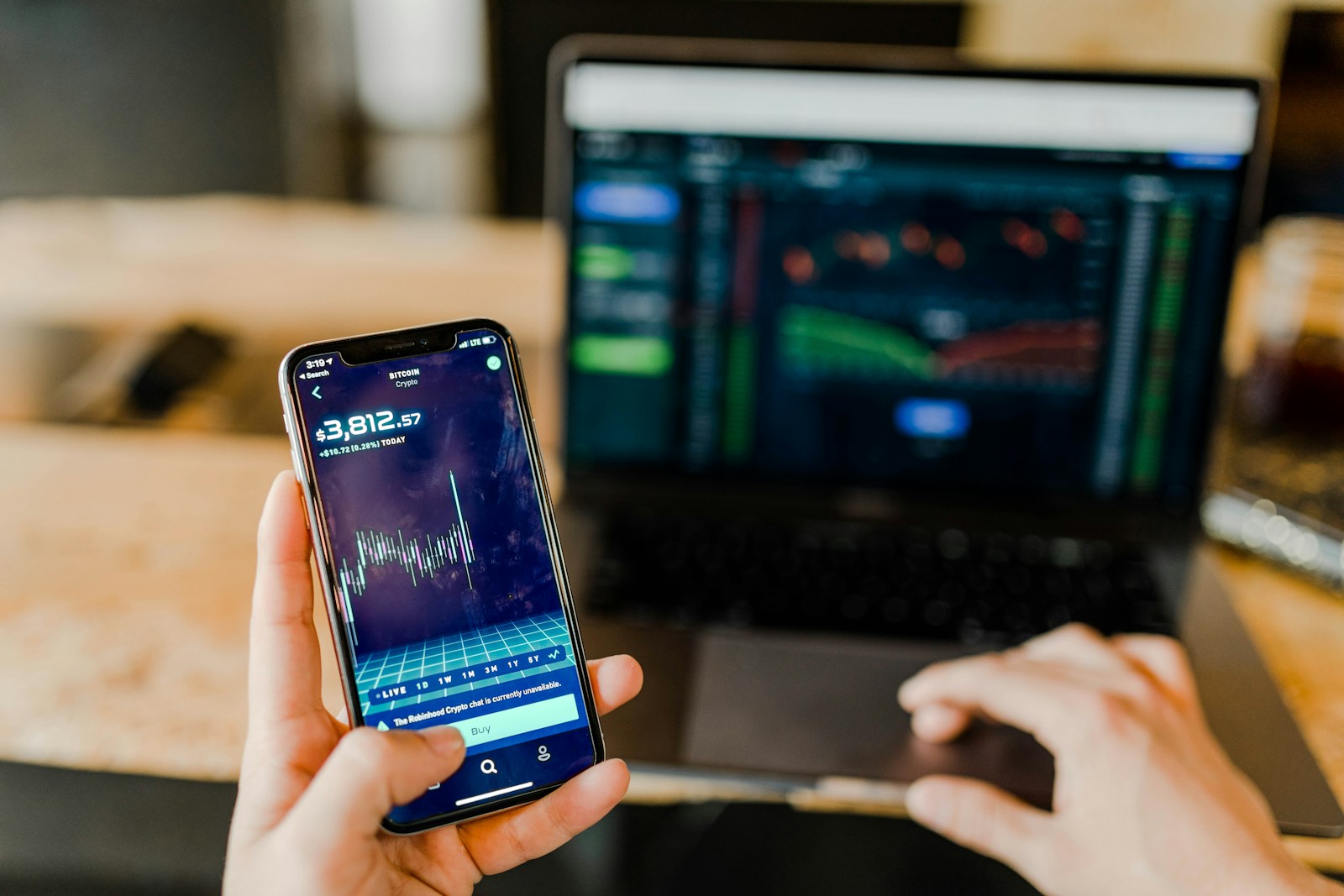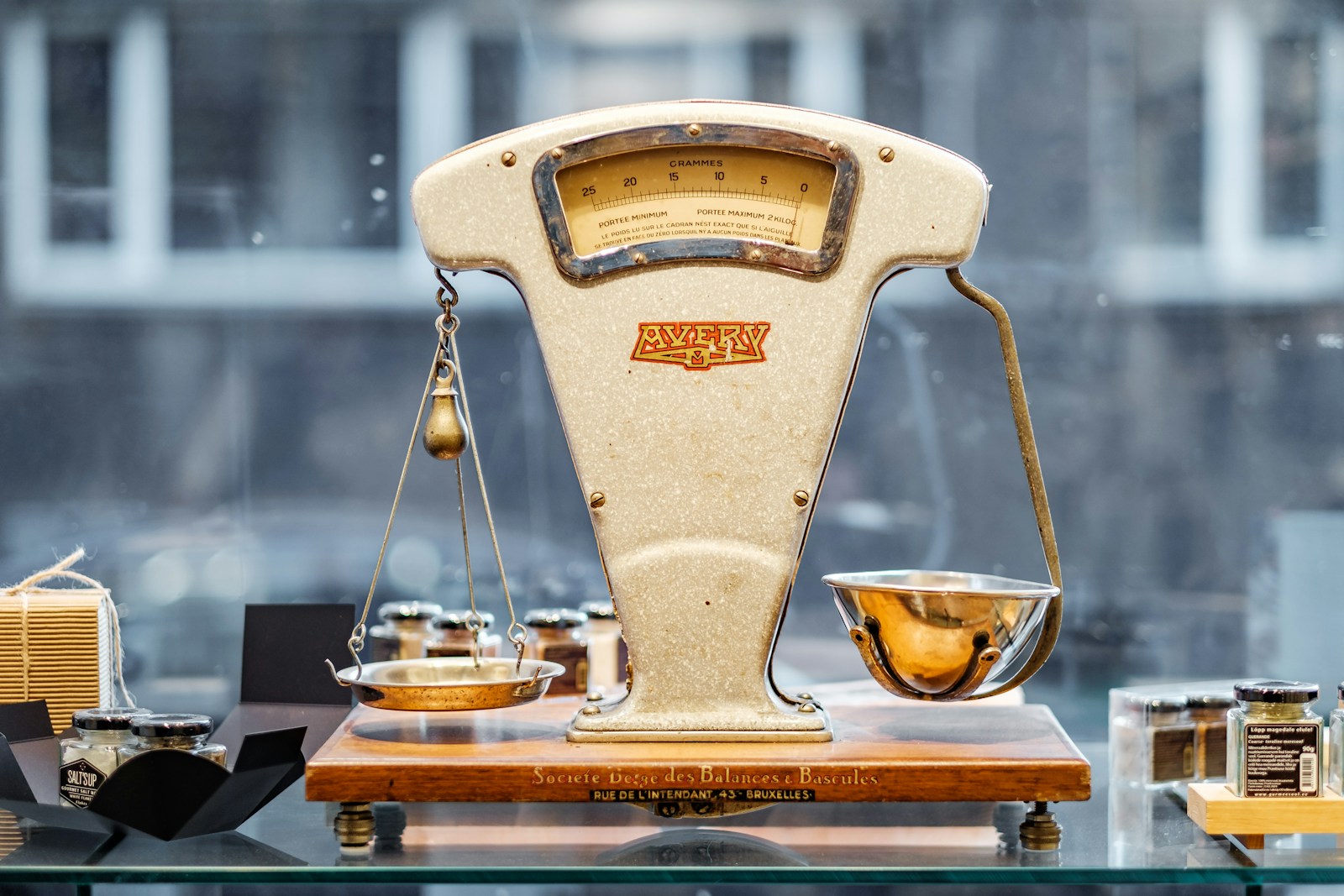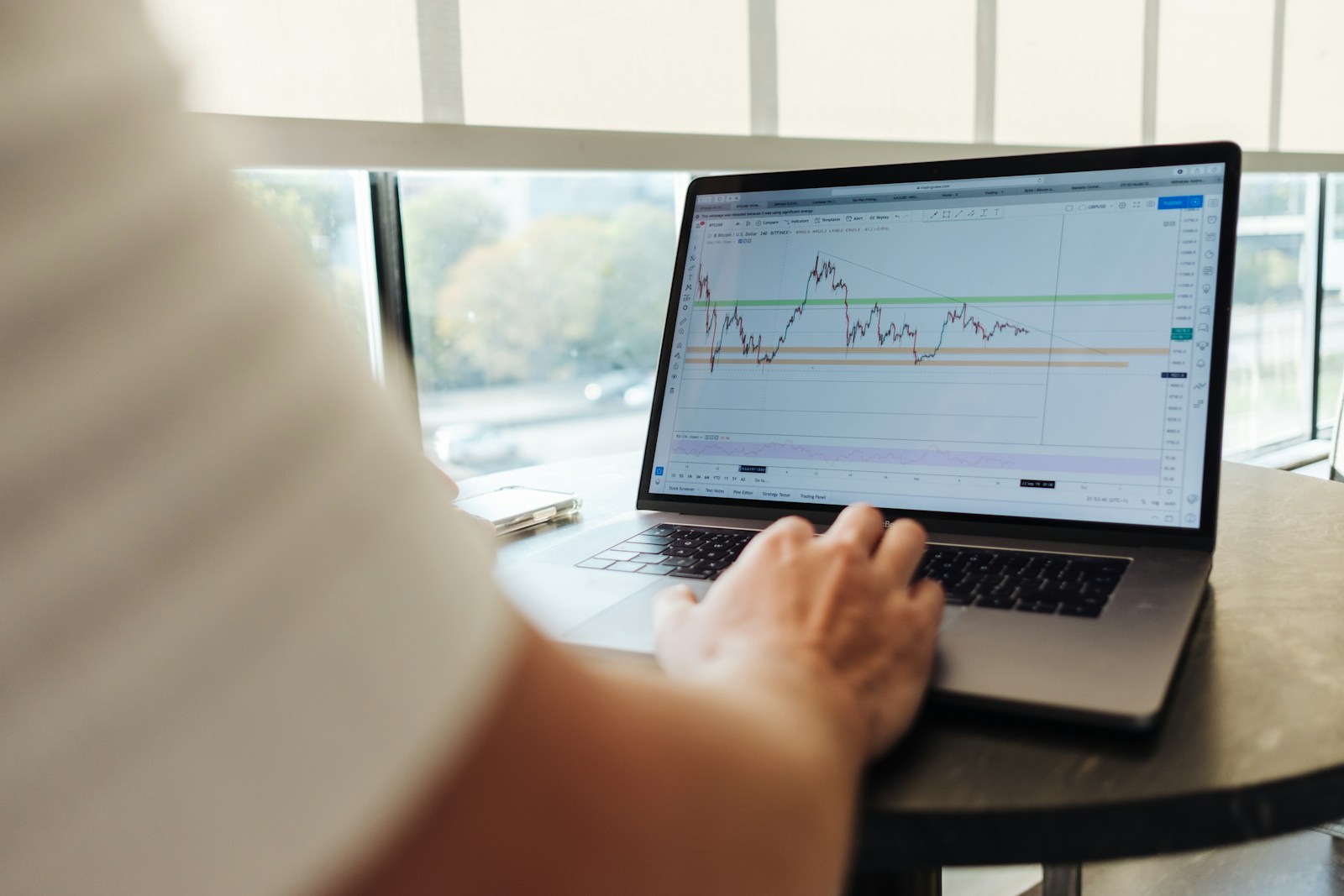Trading is an activity that demands focus, discipline, and emotional control. The fast-paced nature of the markets, combined with the constant pressure to make quick decisions, can be both exhilarating and exhausting. While many traders equate hard work and long hours with success, one of the most overlooked strategies for improving performance is knowing when to step away. Taking regular breaks is not a sign of weakness or laziness; it’s a vital component of maintaining a healthy trading mindset and achieving long-term success.
In this article, we’ll explore the psychological benefits of taking breaks, how overtrading and burnout can harm your performance, and practical strategies for integrating breaks into your trading routine.
Why Taking Breaks Is Crucial in Trading
1. Preventing Mental Fatigue
Trading requires continuous focus on analyzing charts, monitoring market movements, and making split-second decisions. Over time, this mental effort can lead to fatigue, impairing your ability to think clearly and act decisively. Breaks give your brain the rest it needs to recharge and maintain sharpness.
2. Reducing Emotional Overload
The ups and downs of trading can take a toll on your emotions, especially after a series of losses or wins. Emotional overload often leads to impulsive decisions, such as revenge trading or chasing profits. Stepping away from the screens allows you to regain emotional balance and approach the markets with a clear mind.
3. Improving Decision-Making
When you’re fatigued or stressed, your decision-making ability suffers. You’re more likely to ignore your trading plan, overlook critical details, or take unnecessary risks. Breaks provide the mental reset needed to make thoughtful, rational decisions.
4. Avoiding Burnout
Trading is a marathon, not a sprint. Pushing yourself too hard without taking breaks can lead to burnout—a state of physical, emotional, and mental exhaustion. Burnout not only affects your trading performance but also your overall well-being.
The Psychological Benefits of Taking Breaks
1. Enhanced Focus and Productivity
Contrary to popular belief, taking regular breaks can actually make you more productive. Short breaks help reset your attention span, enabling you to return to your trading screens with renewed focus and energy.
2. Better Emotional Regulation
Breaks provide an opportunity to step back and process your emotions. Whether you’re feeling frustrated after a loss or overly confident after a win, a brief pause can help you recalibrate your mindset and avoid emotional trading.
3. Increased Self-Awareness
When you step away from trading, you give yourself time to reflect on your actions and decisions. This increased self-awareness can help you identify patterns of behavior, such as overtrading or ignoring risk management rules, and take corrective action.
4. Strengthened Discipline
Taking breaks shows that you value quality over quantity. By stepping away when needed, you reinforce the habit of disciplined trading and resist the urge to trade impulsively or constantly monitor the markets.
Signs You Need a Break
1. Mental Fog
Struggling to focus or make sense of market data.
2. Emotional Reactivity
Feeling anxious, frustrated, or overly excited during trades.
3. Physical Fatigue
Experiencing headaches, eye strain, or general exhaustion from prolonged screen time.
4. Overtrading
Entering trades impulsively, often without a clear strategy.
5. Ignoring Your Plan
Deviating from your trading plan due to stress or overconfidence.
If you notice any of these signs, it’s time to step back and recharge.
How to Incorporate Breaks into Your Trading Routine
1. Use a Timer
Set a timer to remind yourself to take regular breaks, such as every 60–90 minutes. Even a short 5–10 minute pause can help refresh your mind and prevent fatigue.
2. Schedule Breaks Between Sessions
If you trade multiple sessions (e.g., morning and afternoon), use the time between sessions to step away from your screens. This is an ideal time to eat, exercise, or engage in a relaxing activity.
3. Practice Active Breaks
Engage in activities that help you relax and reset. Consider stretching, meditating, walking, or even journaling about your trading session. Physical movement and mindfulness practices are particularly effective for reducing stress.
4. Take Extended Breaks When Needed
If you’re feeling burnt out or emotionally overwhelmed, consider taking a day or even a week off from trading. Use this time to reflect on your goals, review your trading journal, and reconnect with other aspects of your life.
5. Avoid Overconsumption of Market News
While on a break, resist the urge to stay glued to financial news or social media. The goal is to truly disconnect and give your mind a rest.
The Impact of Overtrading
Overtrading is one of the most common consequences of not taking breaks. Traders who spend excessive time in the markets often feel compelled to chase every opportunity, leading to poor decision-making and unnecessary losses. By taking regular breaks, you can avoid the trap of overtrading and focus on quality trades over quantity.
A Real-Life Example
Consider a trader, David, who used to trade for 8–10 hours straight without breaks. He often found himself making impulsive trades in the afternoon, resulting in significant losses. After realizing the toll this was taking on his performance, David began taking a 15-minute break every hour and a longer break for lunch. Over time, he noticed a significant improvement in his focus, emotional stability, and overall profitability.
Conclusion
In the fast-paced world of trading, taking breaks might seem counterintuitive, especially when markets are constantly moving. However, breaks are essential for maintaining mental clarity, emotional balance, and long-term success. By stepping away from the screens regularly, you’ll trade more thoughtfully, avoid burnout, and improve your overall performance.
Remember, trading is not about working harder but working smarter. Taking breaks is a simple yet powerful way to ensure you stay sharp, disciplined, and ready to navigate the markets with confidence.
Step back, recharge, and return stronger—your trading success depends on it.









